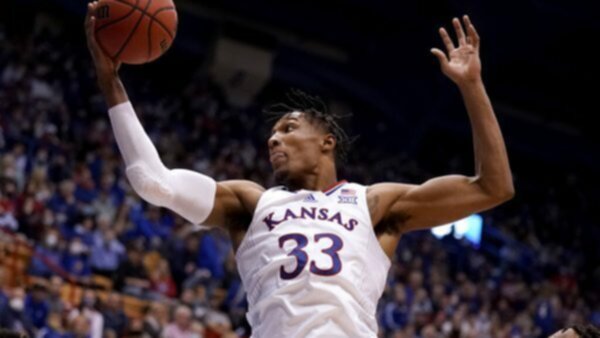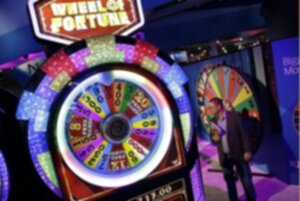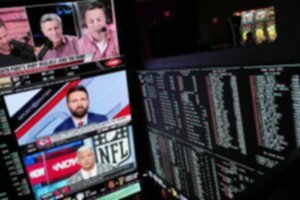Regulating Kansas sports betting will require buy-in from both the State House and State Senate. However, currently there are competing proposals under consideration in each chamber. When lawmakers decide between the measures, they will face stark choices about the number of sportsbooks allowed and how to regulate the operators.
Many analysts believe that eventually Kansas will regulate sports betting through some combination of the competing bills. The Senate version of the bill, Senate Bill 84, passed its home chamber in 2021 but remains stalled in the House.
Kansas Sports Betting Would Be Run Through the Lottery
Both proposals, SB 84 and the cleverly named House Substitute for SB 84, would authorize sports wagering through an expansion of the Kansas Lottery. Because of constitutionality questions, using the state lottery as a regulator is the most direct path towards sportsbook regulation.

The Kansas Constitution limits gambling to a lottery and four state-authorized casino locations. There are also tribal casinos which operate under federally approved gaming compacts with the state government.
Under the Senate sports betting proposal, each of the four commercial casinos would be allowed to accept wagers through a retail sportsbook and a mobile betting platform. Additionally, each casino would receive three skins to partner with mobile sportsbook companies. Therefore, there could be up to 16 mobile sportsbooks operational in Kansas.
Numerous state Senators believe sportsbooks should be routed through already operational casinos and their industry expertise. This is similar to a plan in Arkansas that is inching closer to resolution.
House Plan Would Create Betting Kiosks Statewide
Unlike the Senate plan, House Substitute for SB 84 would make small, individual betting kiosks the center of the Kansas sports betting industry. The Keno like kiosks would be distributed to up 1,200 retail locations throughout the Sunflower State.
A bar, restaurant, convenience store, gas station, or fraternal hall could apply to host a couple betting kiosks, which would offer limited betting. They may not be able to host the full array of prop and live betting that would be seen at traditional retail sportsbooks.
Additionally, under the House plan, the state lottery could partner with one national sportsbook brand to offer a mobile betting app. Each of the four commercial casinos would be able to also apply for a mobile betting license, without a guarantee they would receive a skin.
So, under the House plan, there would be a maximum of five regulated Kansas sportsbooks. Lawmakers in Kansas split on how to run betting in similar ways to Ohio before a compromise was reached. Rural legislators, who dominate the Houses in both states, prefer helping local small business retailers through kiosks.
Conversely, Senators see casinos as the best infrastructure to build additional betting options. Of course, these debates are mainly academic, as other states show over 90% of sports wagering is done through mobile books. Considering the prevalence of online wagering, kiosk and retail sportsbook traffic may be extremely limited no matter which side prevails.





